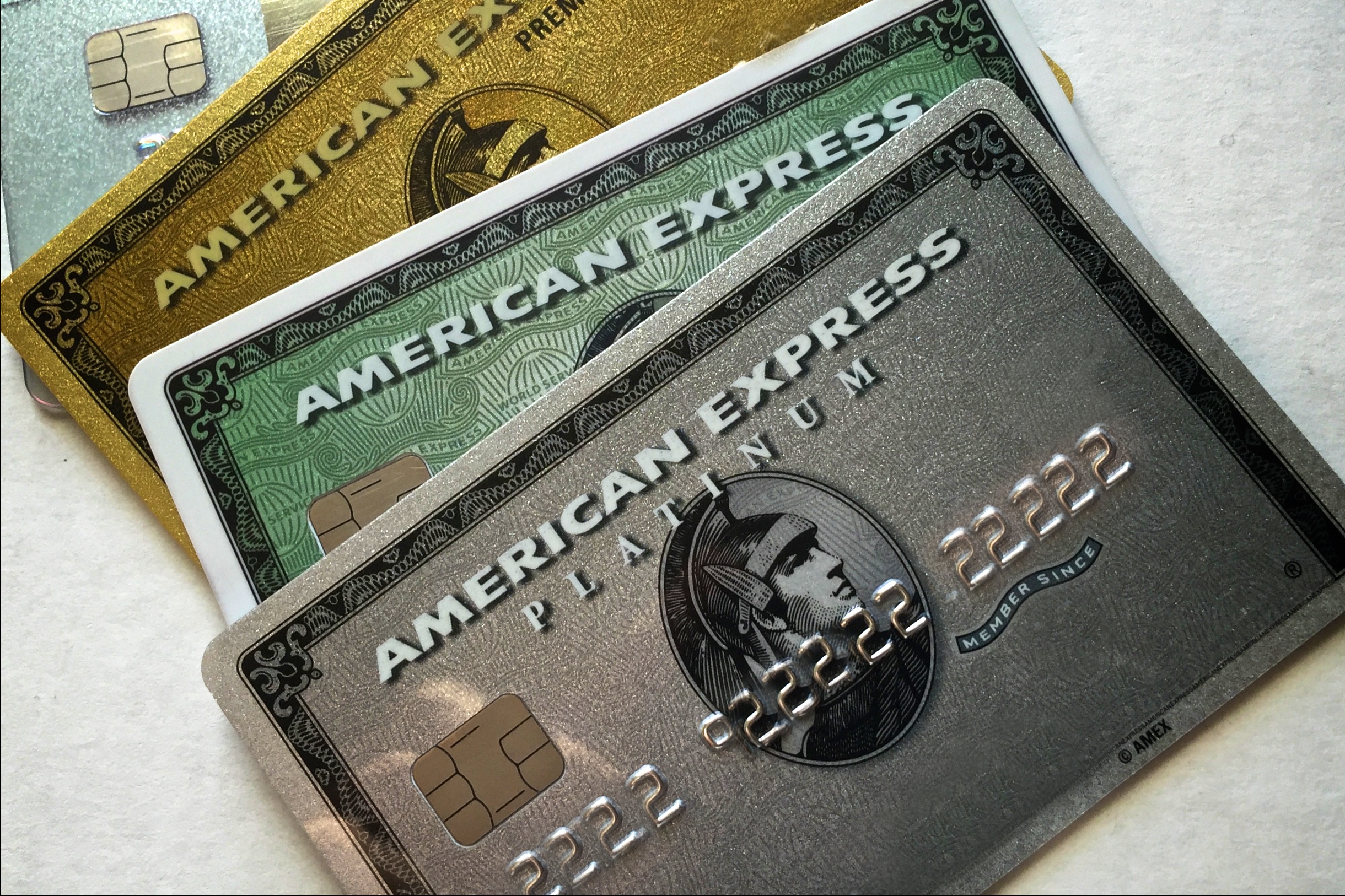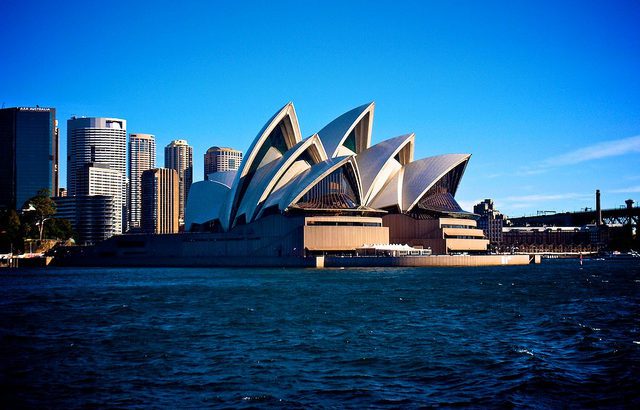Outside of the US, there aren’t many countries with lucrative credit card rewards programs. A couple of countries like Canada and Australia have a few decent options, but that’s going to be changing soon, at least for one country. That’s because the credit card rewards game in Australia just took a major hit, as a new cap on interchange fees has just been announced that’s going to go into effect on July 1, 2017.
Why is this a big deal?
Many people think that the fees and interest payments fund all of the rewards that credit card issuers offer to consumers. And those things do earn banks substantial revenue each year. However, many banks, such as American Express, make a killing on what’s called “interchange fees.”
Interchange fees can be quite complex but I’ll break it down to its basics using a prior example.
Let’s say you go into a store at the mall and buy a $100 pair of shoes and you use your credit card to purchase the shoes. That merchant will have to pay somewhere between 1 to 3 percent of that transaction in fees, like the interchange fee. A sliver of the fees goes to the payment network (Visa, Mastercard, etc.) and on to a processor, but the bulk of the fees go to the issuing bank.
This is one way it’s possible for banks to offer rewards like 2% cash back on purchases and how they can afford to offer you airline miles on your purchases.
But with a cap put on these interchange fees, banks aren’t able to offer these lucrative rewards. For example, In places like Europe, interchange fees are capped at around .3% for Visa and Mastercard and when those interchange fees were capped, Capital One dropped its UK cash back program in 2015. If you, as an American, shopped around Europe for rewards cards, you’d probably be be very grateful for when you live based on how abysmal the rewards are compared to American cards.
So now Australia is capping the interchange at .8%, dropping it from its current high of 2%. This isn’t quite as bad as it is in Europe but some issuers, such as the Australia & New Zealand Banking Group Ltd., are already making cuts like dropping American Express‘ Companion Cards.

Why are the Aussies capping fees?
There’s a lot of debate on whether or not the fees should be dropped. Consumers and business owners claim that the interchange fees artificially inflate prices for everyone while only a select percentage of consumers (those with rewards credit cards) benefit from the rewards to make up for the increased cost. They also argue that technology has advanced so much that these interchange fees are inflated and that the cost for processing transactions is significantly lower.
I honestly wouldn’t doubt if any or most of those things were true, although I wonder how the new policy will work in practice. In other words, will prices actually go back down or will merchants simply turn a profit? How will the market react?
There’s also the added benefit that people just spend more with credit cards so the more barriers to credit card users that exist, the less people spend on them, and there may be less revenue brought to merchants.
And then there’s the whole issue of how frequent flyer programs would be affected….
So I really wonder how it will all shake down.
What does this mean to the us in the USA?
I honestly think that we’ll eventually see lower caps on interchange fees here in the US for credit cards. We already saw caps implemented for debits cards in June 2011, when the Federal Reserve released its ruling capping debit card interchange rates at $0.21 + 0.05%, dropping them from 1.55%.
However, I think changes to interchange fees are probably going to take a while to get here. If I had to guess, we’d probably see new laws allowing surcharges on credit cards go into effect first, and then eventually laws implemented targeting interchange fees. And when these changes do come, they will probably be less drastic changes than what occurred in Australia. That’s just my hunch, but personally, I don’t think we should worried about interchange fees being capped super low for the foreseeable future.
Daniel Gillaspia is the Founder of UponArriving.com and the credit card app, WalletFlo. He is a former attorney turned travel expert covering destinations along with TSA, airline, and hotel policies. Since 2014, his content has been featured in publications such as National Geographic, Smithsonian Magazine, and CNBC. Read my bio.

